Under the amended law, imports of up to 50 tonnes per importer per year will be exempt from CBAM rules. This means that around 90% of companies importing CBAM products (mostly SMEs and individual importers) will fall outside the regulation. Nevertheless, CO2 emissions from imports of iron, steel, aluminum, cement, and fertilizers will continue to be covered by CBAM at a rate of 99%.
Processes will be streamlined
Authorization, emissions calculation, verification, and financial liability procedures under CBAM will also be simplified. In addition, anti-abuse provisions will be strengthened to prevent rule violations.
Antonio Decaro: “We are protecting both competitiveness and climate”
Following the vote, rapporteur Antonio Decaro (S&D, Italy) stated:
“CBAM was designed to prevent carbon leakage and protect Europe’s cement, iron, steel, aluminum, fertilizer, electricity, and hydrogen industries. We responded to companies’ calls for simplification and exempted 90% of importers. Since CBAM continues to cover 99% of total CO2 emissions, we maintain Europe’s environmental objectives while upholding our commitment to a fair transition.”
The regulations still require approval from the Council. They will enter into force three days after being published in the Official Journal.
Background
CBAM aims to equalize the carbon price paid for products produced in the EU under the EU Emissions Trading System (ETS) and for imported products. The mechanism is intended to encourage higher climate ambitions in countries outside the EU. The Commission will assess at the beginning of 2026 whether to expand CBAM’s scope and how exporters of products at risk of carbon leakage should be supported.


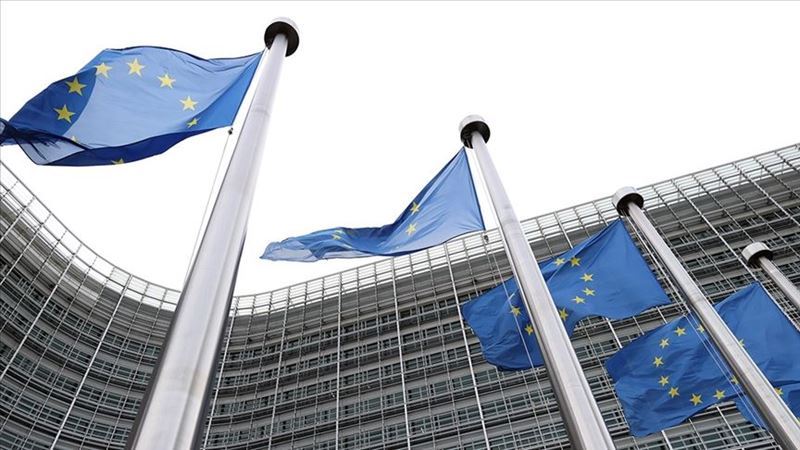

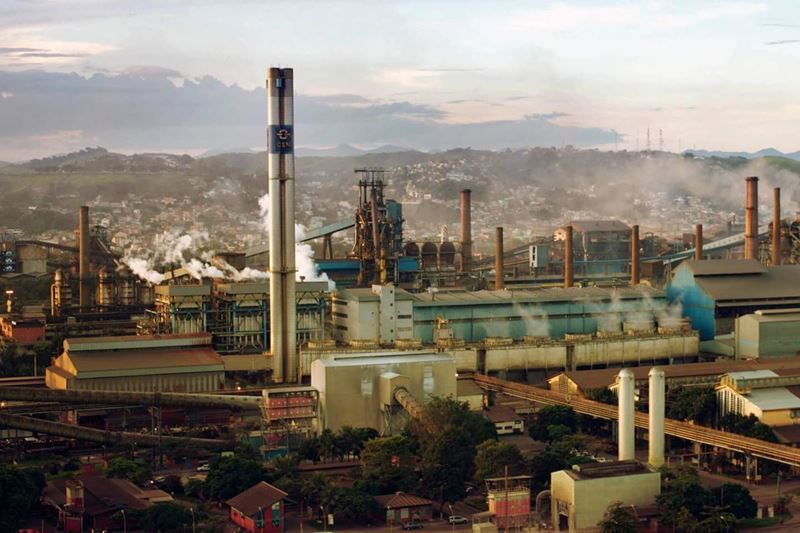
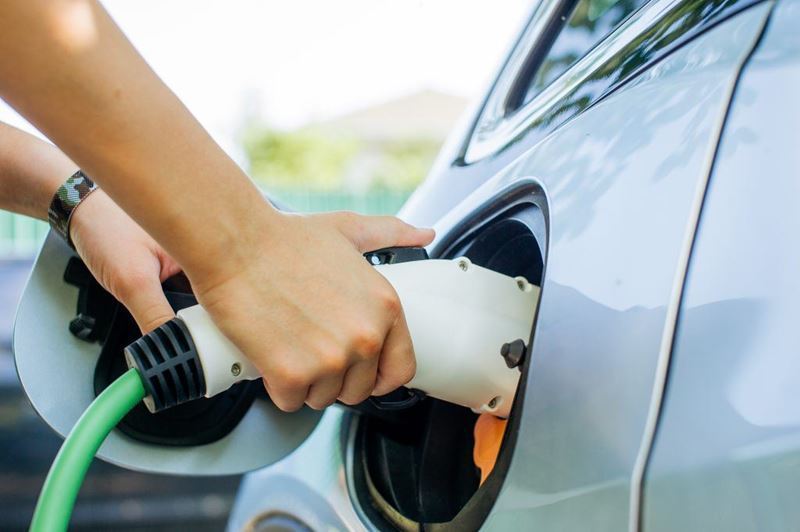
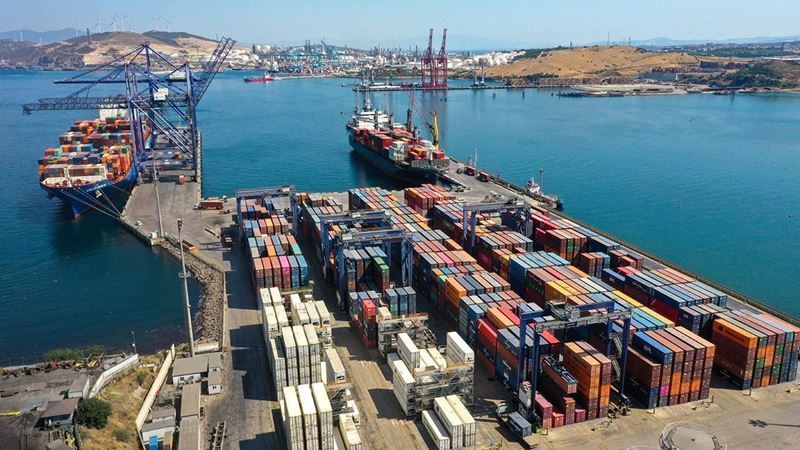
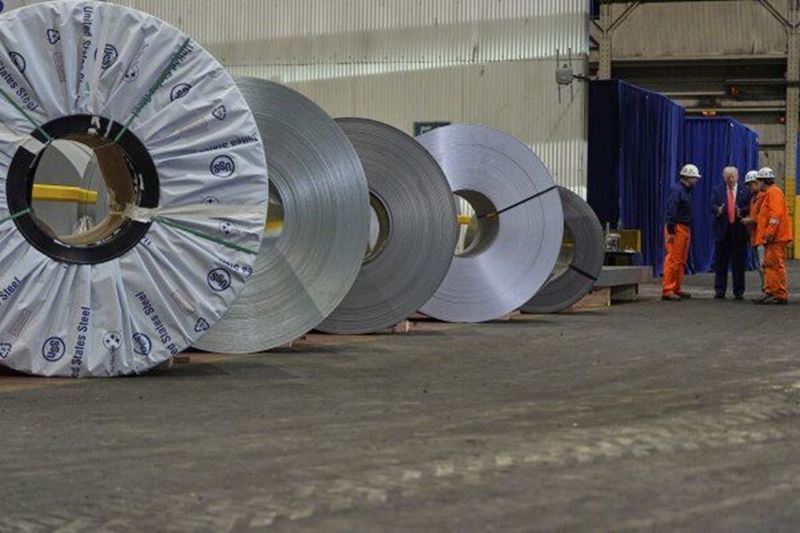


Comments
No comment yet.